There are 1.5 million people with a
learning disability
 A learning disability is to do with the way someone's brain works. It makes it harder for someone to learn, understand or do things.
in the UK, of which there are approximately one million people who are eligible to
vote
A learning disability is to do with the way someone's brain works. It makes it harder for someone to learn, understand or do things.
in the UK, of which there are approximately one million people who are eligible to
vote
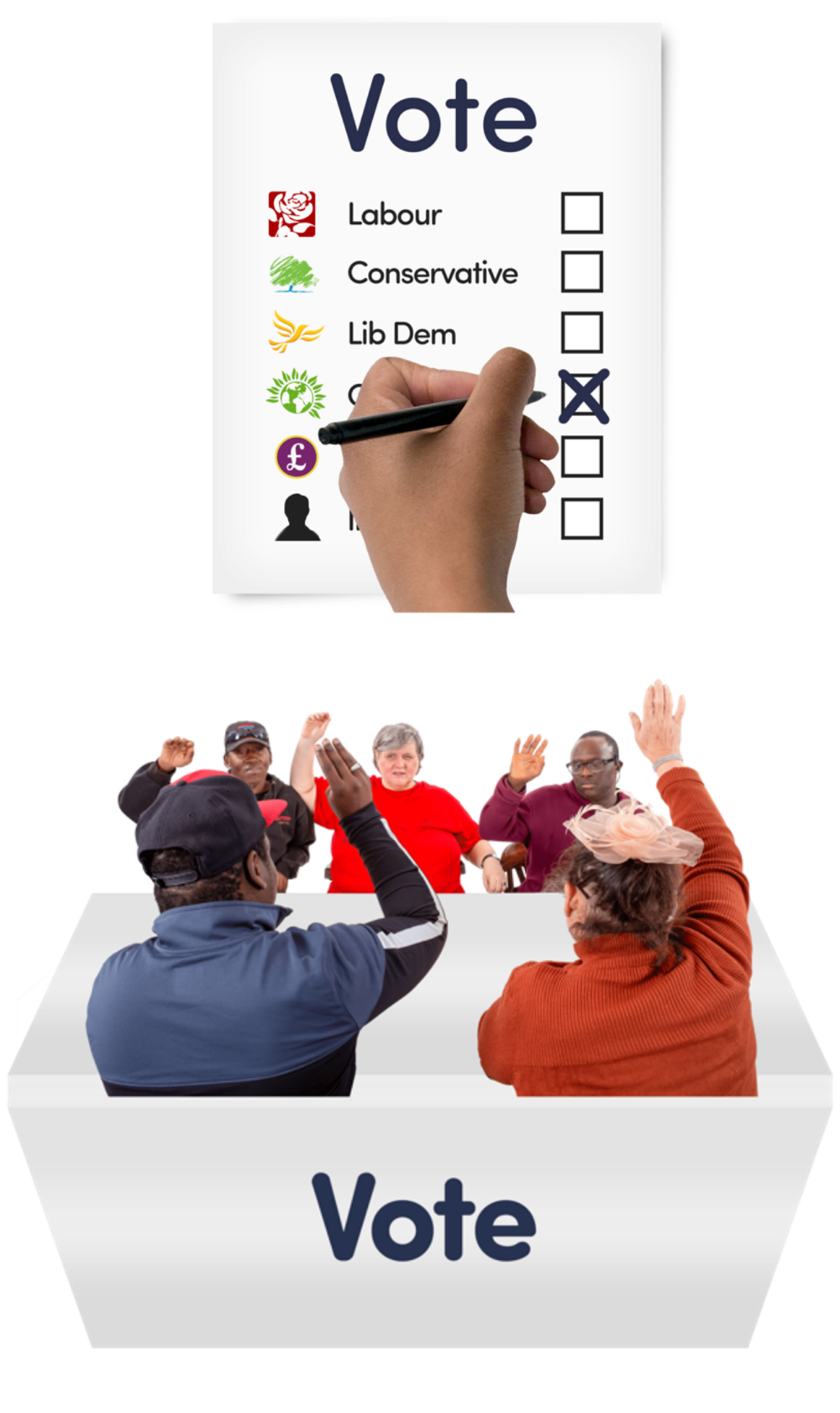 People vote in an
election
People vote in an
election
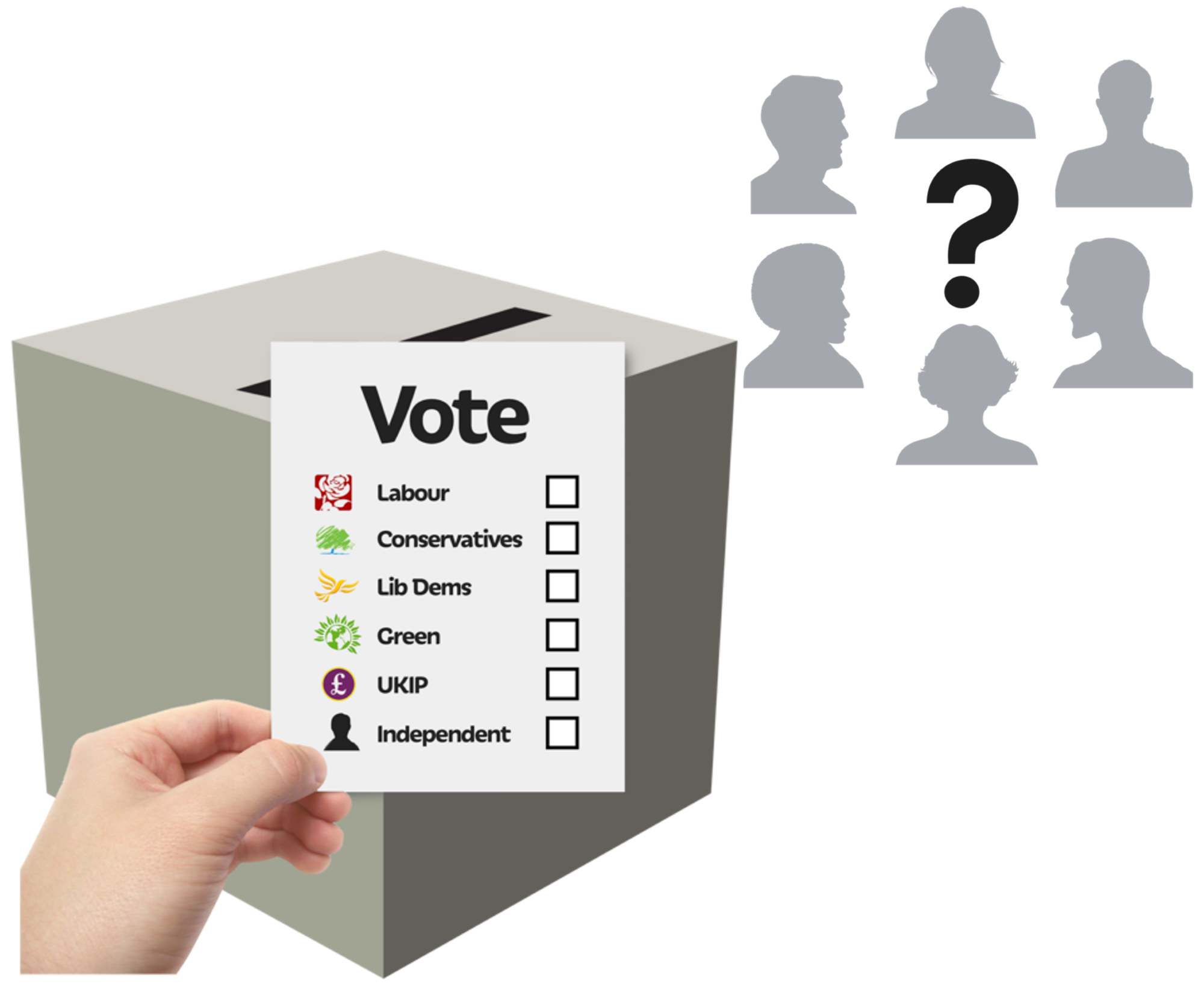 An election is when people choose who should be in charge of something. This could be in charge of a group, an area, or the country. People choose by voting. The person with the most votes wins.
. In elections for
councillors
An election is when people choose who should be in charge of something. This could be in charge of a group, an area, or the country. People choose by voting. The person with the most votes wins.
. In elections for
councillors
 Councillors are the people who work for the
council
Councillors are the people who work for the
council
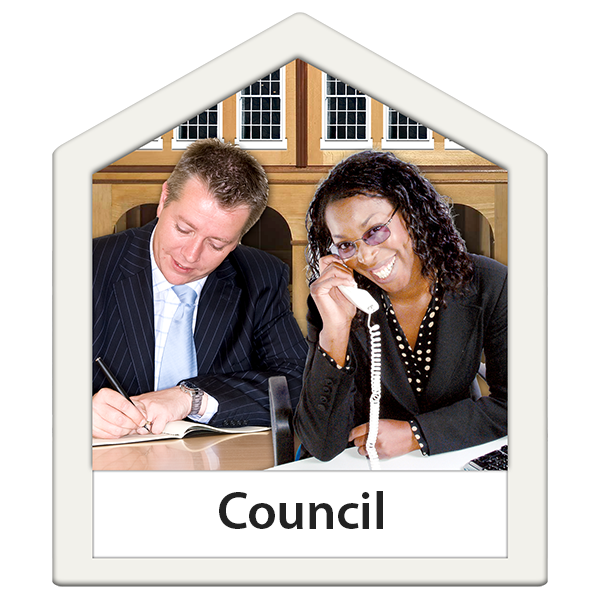 A council is also called a
local authority
A council is also called a
local authority
 A local authority is also called a council. They are a group of people who make decisions about some of the things in the area where you live like schools,
social care
A local authority is also called a council. They are a group of people who make decisions about some of the things in the area where you live like schools,
social care
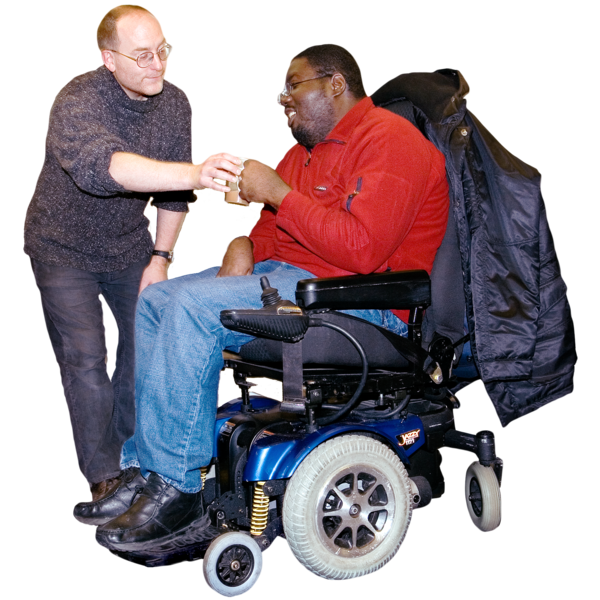 Social care means the services that give care and support to people who need it.
(support for people), parks and dustbin collection.
. They are a group of people who make decisions about some of the things in the area where you live. These include: schools, social care (support for people), parks and dustbin collection.
. They make important decisions about the area where you live.
or MPs, you vote by putting a cross next to the name of the person you want to choose. In less formal elections, like in a small group, you might vote by putting your hand up. The person with the most votes wins.
.
Social care means the services that give care and support to people who need it.
(support for people), parks and dustbin collection.
. They are a group of people who make decisions about some of the things in the area where you live. These include: schools, social care (support for people), parks and dustbin collection.
. They make important decisions about the area where you live.
or MPs, you vote by putting a cross next to the name of the person you want to choose. In less formal elections, like in a small group, you might vote by putting your hand up. The person with the most votes wins.
.
The Electoral Commission estimates that around one in four people with a learning disability are not registered to vote. People with a learning disability have a right to vote but often need support to be able to register to vote and understand complex political manifestos and jargon to be able to make an informed decision about who to vote for. It is therefore crucial that people with a learning disability have access to
easy read
 Easy Read is a way of making written information easier to understand. Pictures are usually added next to the writing.
materials.
Easy Read is a way of making written information easier to understand. Pictures are usually added next to the writing.
materials.
Working with the Electoral Commission, Mencap has produced an easy read guide to help people with a learning disability vote in elections. The
accessible
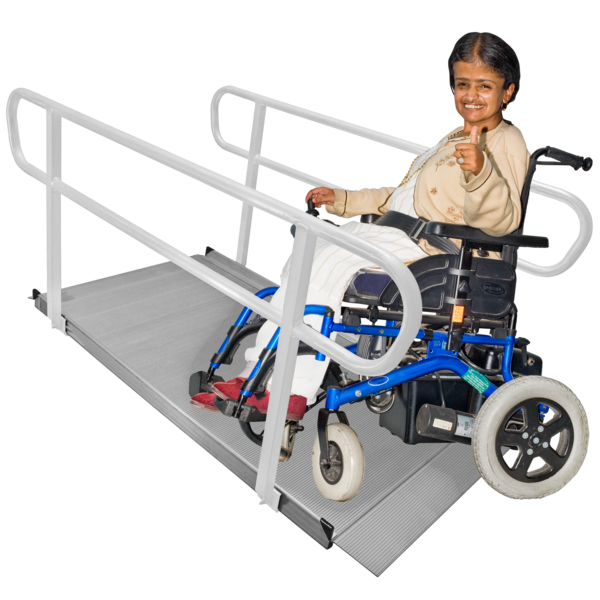 Accessible means something is easy for people to use or join in with. For example: Accessible writing means the writing is easy to read and understand.
guide uses clear language and pictures to explain what a General Election is, how to register to vote, and how to cast your vote on Election Day.
Accessible means something is easy for people to use or join in with. For example: Accessible writing means the writing is easy to read and understand.
guide uses clear language and pictures to explain what a General Election is, how to register to vote, and how to cast your vote on Election Day.
The guide can also be used by supporters of people with a learning disability to help the person they support to cast their vote.
Access to the same information about what political parties and candidates are offering voters ahead of the General Election is essential to making sure that everyone can make an informed decision about who to vote for. That’s why Mencap and the Electoral Commission are urging all political parties to produce easy read manifestos to empower the one million voters with a learning disability this General Election.
Ismail Kaji, Parliamentary Support Officer at the learning disability charity Mencap and who has a learning disability, says:
“People with a learning disability have a right to vote and, with the right support, can vote just like anyone else. In the past, political parties haven’t always produced good quality easy read manifestos, or have published them very late in their campaigns. If we don’t have access to the same information at the same time as the general population then people with a learning disability – like myself – can be excluded.
"That’s why we want all of the political parties to publish a high-quality easy read version of their manifesto at the same time as publishing their manifesto. People with a learning disability have the right to be included in the election and have our voices heard.”
Ailsa Irvine, Director of Electoral Administration and
Guidance
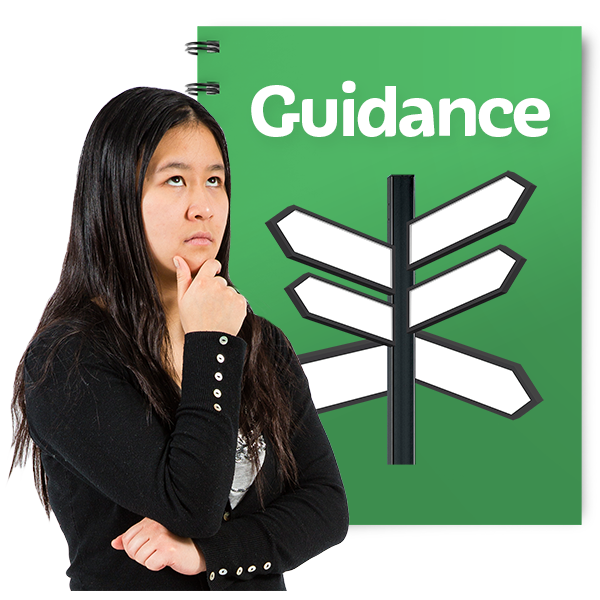 Guidance means being given clear instructions to be able to do something well.
at the Electoral Commission, said:
Guidance means being given clear instructions to be able to do something well.
at the Electoral Commission, said:
“Everyone who wants to vote at the December election should be able to do so with confidence. Our joint guide with Mencap provides important information about how to take part in the election, how to register and cast your vote.
“If you’re not yet registered to vote, you can apply at www.gov.uk/registertovote before the 26 November deadline. It only takes a few minutes to complete the application.
“So that all voters can understand what parties are standing for and can make an informed decision about how they vote, we would like to see all parties produce manifestos that are accessible for everyone.”
Ahead of the 2017 General Election, Mencap campaigned for all political parties to produce an easy read version of their manifestos. Most of the main political parties published an easy read version, although many did not publish it at the same time as their main manifesto.
Mencap has written to the major parties urging them to publish a quality easy read version of their manifesto at the same time as publishing their manifesto ensuring voters with a learning disability have access to easy read information and equal opportunity and time to scrutinise the parties’ policies as other voters.
People with a learning disability and their families can access advice and support from Mencap’s Learning Disability Helpline or find Mencap and the Electoral Commission’s easy read PDF guide to registering to vote on our
website
 A website is a page you can go to on the internet like Google or YouTube.
: www.mencap.org.uk/geguide
A website is a page you can go to on the internet like Google or YouTube.
: www.mencap.org.uk/geguide
Find out more about Mencap’s voting campaign here: www.mencap.org.uk/ge2019
-ENDS-
For further information, contact Mencap’s media team on: media@mencap.org.uk or 020 7696 5414 (including out of hours).
Or contact the Electoral Commission press office on 020 7271 0704, out of office hours 07789 920 414 or press@electoralcommission.org.uk
Notes to editors
About Mencap
There are approximately 1.5 million people with a learning disability in the UK. Mencap works to support people with a learning disability, their families and carers by fighting to change laws, improve services and access to
education
 Education is when you learn things. When you fill in a form to get a job, education means you write where you went to school, college or university.
,
employment
Education is when you learn things. When you fill in a form to get a job, education means you write where you went to school, college or university.
,
employment
 Employment means having a job.
and
leisure
Employment means having a job.
and
leisure
 Leisure is when you have time to do things you enjoy like playing sports or going to the pub.
facilities. Mencap supports thousands of people with a learning disability to live their lives the way they want. www.mencap.org.uk
Leisure is when you have time to do things you enjoy like playing sports or going to the pub.
facilities. Mencap supports thousands of people with a learning disability to live their lives the way they want. www.mencap.org.uk
For advice and information about learning disability and Mencap services in your area, contact Mencap’s Freephone Learning Disability Helpline on 0808 808 1111 (9am-3pm, Monday-Friday) or email help@mencap.org.uk .
About the Electoral Commission
The Electoral Commission is the independent body which oversees elections and regulates political finance in the UK.
The Commission was set up in 2000 and reports to the UK and Scottish Parliaments. www.electoralcommission.org.uk
What is a learning disability?
- A learning disability is a reduced intellectual ability which can cause problems with everyday tasks – for example shopping and cooking, or travelling to new places – which affects someone for their whole life;
- Learning disability is not a mental illness or a learning difficulty, such as
dyslexia
 Dyslexia is a learning difficulty. People who have dyslexia can find it hard to read, write and spell.
. Very often the term ‘learning difficulty’ is wrongly used interchangeably with ‘learning disability’;
Dyslexia is a learning difficulty. People who have dyslexia can find it hard to read, write and spell.
. Very often the term ‘learning difficulty’ is wrongly used interchangeably with ‘learning disability’; - People with a learning disability can take longer to learn new things and may need support to develop new skills, understand difficult information and engage with other people. The level of support someone needs is different with every individual. For example, someone with a severe learning disability might need much more support with daily tasks than someone with a mild learning disability.